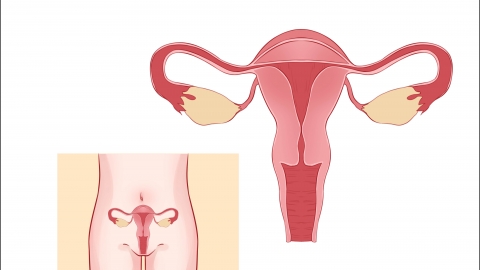How long does it take to form a fertilized egg?
Under normal circumstances, the formation of a fertilized egg usually takes about 24 hours. The detailed process is as follows:

The formation of a fertilized egg takes approximately 24 hours. The core of this process involves multiple complex steps for the sperm to combine with the egg. First, after entering the female reproductive tract, sperm require 10–12 hours to undergo capacitation, a process that enables them to penetrate the zona pellucida of the egg. Next, the sperm reach the ampulla of the fallopian tube where they meet the egg. The sperm's head releases acrosomal enzymes to dissolve the outer structure of the egg, a penetration process that takes about 2–3 hours. Once the first sperm enters the egg, the egg rapidly undergoes a zona reaction to prevent other sperm from entering. Then, the nuclei of the sperm and egg gradually approach and fuse to form the nucleus of the fertilized egg, a process that takes approximately 6–8 hours. Upon completion of the fusion, the fertilized egg begins initial cell division and moves toward the uterus; these preparatory and initiation steps together constitute a 24-hour cycle.
During the preconception period, it is important to maintain a regular routine and avoid staying up late, which may affect the quality of germ cells. A balanced diet rich in protein and vitamins should be maintained to provide sufficient nutrients for germ cells. Exposure to harmful substances such as tobacco, alcohol, and radiation should also be avoided to reduce damage to sperm and eggs. Additionally, maintaining a positive mindset and avoiding excessive stress will help create favorable conditions for the formation of a fertilized egg.








